
DIRE-FEWS Webinar Series
The DIRE-FEWS webinar series is intended to engage the researchers, students, and encourage business and community stakeholders in Texas, Louisiana and Mississippi to be informed about the project. Through the webinars, we intend to develop relationships in the region, enhance understanding of sustainability/resilience challenges with respect to food-energy-water systems, enable interdisciplinary (and community-based) team formation for convergence research, and develop research ideas towards a potential solution. Our webinars will also include international perspectives, and help us to learn from diverse opinions from around the world. We strongly encourage bringing in diverse perspectives towards solving some of the toughest challenges our societies face in the disaster management cycle (response, recovery, mitigation, and preparedness).

Webinar 8: Food Energy Water Nexus – Perspectives and Methods to Facilitate Systems Analysis
Webinar Host: Dr. Bassel Daher
Speakers:
Rabi Mohtar – Professor, Civil & Environmental Engineering and Biological & Agricultural Engineering, Texas A&M University
Ali Fares – Professor of Water Security, Natural Resources and Environmental Systems, Prairie View A&M University
Dr. Debalina Sengupta – Coastal Resilience Program Director, Texas Sea Grant, Texas A&M University
Population growth, rapid urbanization, changing diets and economic development are just some of the factors driving increased demand for water, energy and food. Agriculture is the largest consumer of the world’s freshwater resources, and more than one-quarter of the energy used globally is expended on food production and supply. Feeding a global population expected to reach 9 billion people by 2050 will require a 60 percent increase in food production.
Natural disasters exacerbate the disruptions to food-energy-water systems and the factors that impact the nexus needs to be studied more closely. This webinar reviews the principles of the Water-Energy-Food Nexus and the stressors on resources and the need for a system approach to managing these resources. A global and national sustainability context will be presented with particular examples from Texas and worldwide. The presentation also highlights the limitations of adapting a system level solution from governance, policy, technology, and social perspectives. Existing Nexus tools, case studies, and data will be presented in this webinar.
These efforts are presented and discussed in this webinar as part of the series of webinars of the NSF Sustainable Regional Systems Research Network (SRS-RN) sponsored Disaster Resilient Food Energy Water Systems (DIRE-FEWS) program. This will be followed by a Q&A session which will help in formulation of convergence research questions for the NSF SRS-RN program.
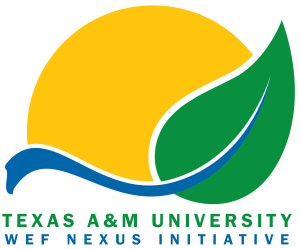
March 6th, 2023
10:00-11:30 AM (Central US Time)
Archived Webinars:
Special Seminar/Webinar: Coastal Resilience – Lessons Learnt from the Indian Sunderbans
Speaker:
Dr. Anamitra Anurag Danda – Senior Visiting Fellow with ORF’s Energy and Climate Change Programme; Director, Sundarbans Programme, WWF-India
Description:
Dr. Anamitra Anurag Danda from World Wildlife Fund – India and Observer Research Foundation, India will speak on coastal resilience for the biodiverse region of Sundarbans. This region houses the largest mangrove forest in the world. Endangered species like the Bengal Tiger, estuarine crocodile, and the olive ridley sea turtle call this place home, in addition to several millions of people under climate threat. For over two decades, Dr. Danda’s work in nature conservation, sustainable development, and climate change adaptation has helped to shape policy in this critical, yet fragile ecosystem of the Sundarbans.
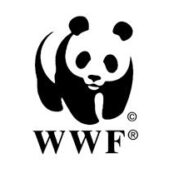
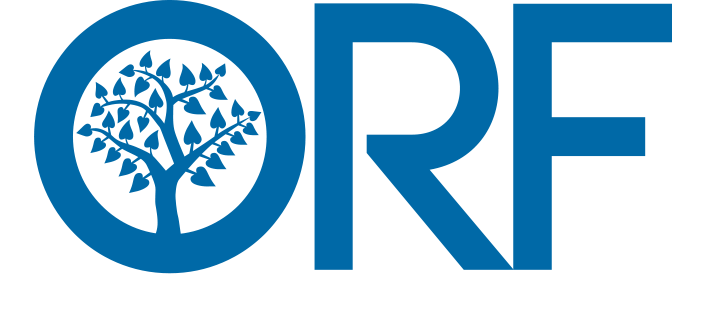
November 9th, 2022
9:00 – 11:00 AM (Central US Time)
Webinar 1: Disasters and their Management: Perspectives from the Texas Division of Emergency Management
Speakers:
Macgregor Stephenson – Chief of Policy and Research
Kharley Smith – Section Chief of the Disaster Recovery Task Force
Description:
The Texas Division of Emergency Management works at the frontline of any disaster, and coordinates the state emergency management program, which is intended to ensure the state and its local governments respond to and recover from emergencies and disasters and implement plans and programs to help prevent or lessen the impact of emergencies and disasters. TDEM implements programs to increase public awareness about threats and hazards, coordinates emergency planning, provides an extensive array of specialized training for emergency responders and local officials, and administers disaster recovery and hazard mitigation programs in the State of Texas.
It is therefore befitting for the NSF Sustainable Regional Systems Research Network (SRS-RN) sponsored Disaster Resilient Food Energy Water Systems (DIRE-FEWS) program to start our webinar series with the perspective from emergency management for the State of Texas. We will be hearing about the TDEM mission, their institutional and operational structure, and how TDEM helps in response and recovery efforts.
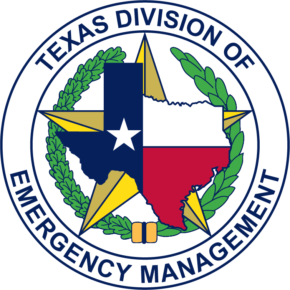
February 25th, 2022
10:00 – 11:30 AM (Central US Time)
Webinar 2: Resilience Along Coastal and Wetland Corridors – Perspectives from The Nature Conservancy
Seth Blitch – Facilitator
Speakers:
Lauren Williams – Community Ratings System Explorer in Texas
Ryan Smith – The Sustainable Rivers Program and the Re-operation of Gray Infrastructure
Christine Shepard – Scaling Up Nature-based Solutions
Bryan Piazza and Michele Eddy – Partnerships for Modeling Nature-based Solutions
The Nature Conservancy is a global environmental nonprofit working to create a world where people and nature can thrive. Founded in the U.S. through grassroots action in 1951, The Nature Conservancy has grown to become one of the most effective and wide-reaching environmental organizations in the world. Thanks to more than a million members and the dedicated efforts of diverse staff and over 400 scientists, they impact conservation in 76 countries and territories.
The Nature Conservancy is a core partner to the NSF Sustainable Regional Systems Research Network (SRS-RN) sponsored Disaster Resilient Food Energy Water Systems (DIRE-FEWS) program. Along the Gulf Coast, TNC’s operations are focused on restoration and conservation of habitats along an ephemeral coastline, connectivity within and among freshwater systems, and restoring uplands to increase biodiversity and foster resilience in adjacent communities. In this webinar, we will learn about their efforts around resiliency of habitats and communities in coastal and riverine systems. Participants will learn about: programs to reduce the risk of storms to coastal communities; working directly with the US Army Corps of Engineers to improve ecosystem health by adjusting reservoir operations for environmental benefits; promoting the use of nature-based solutions to tackle the challenges of flood mitigation and climate change; how data collection and modeling are employed to construct tools that help communities employ nature-based solutions to increase resilience to floods and storms.
This will be followed by a Q&A session which will help in formulation of convergence research questions for the NSF SRS-RN program.
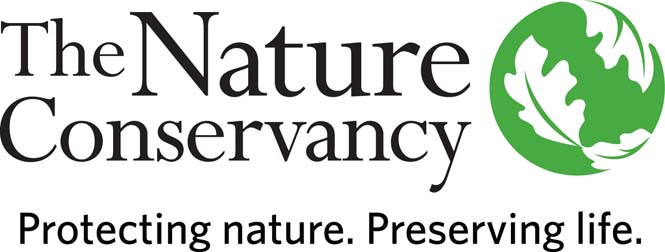
March 31st, 2022
10:00-11:30 AM (Central US Time)
Webinar 3: Energy Systems Modeling and Life Cycle Analysis to Inform Technology Decisions – Perspectives from Argonne National Laboratory
Troy Hawkins – Facilitator
Speakers: Troy Hawkins, Jarod Kelly, Uisung Lee
Description:
Argonne’s Systems Assessment Center provides research which helps guide technology decisions by the U.S. Department of Energy and its stakeholders. Argonne’s Greenhouse Gases, Regulated Emissions, and Energy Use in Technologies (GREET) model provides reliable and transparent life cycle analysis models which have been used by a wide range of stakeholders, including in support of policies such as the Renewable Fuels Standard, California Low Carbon Fuels Standard, and other clean fuels programs such as those in Washington and Oregon. This presentation will provide an overview of Argonne’s GREET model, related modeling efforts, and a summary of some results from recent analyses followed by updates from ongoing efforts on battery electric vehicles and sustainable aviation fuels.
Battery Electric Vehicles and Electricity Resilience
Battery electric vehicles are rapidly gaining market share worldwide and in the United States. Argonne’s GREET model has been developed and expanded to evaluate the life cycle performance of batteries inclusive of the impacts associated with the materials that they use. While battery electric vehicles cause more greenhouse burden than conventional gasoline vehicles during production, they have lower use phase greenhouse gas emissions, with the relative improvement compared with gasoline vehicles depending on the source of electricity. Battery electric vehicle could also potentially contribute to resiliency through supporting the electrical grid during power outage events by feeding back electricity to homes or communities where vehicle-to-grid infrastructure has been implemented.
Guiding the Take Off of Sustainable Aviation Fuels
Commercial aviation is anticipated to grow significantly in the next decades. With that growth, there is significant interest in identifying low carbon fuels for aviation, which has long been identified as a difficult to decarbonize sector. In support of these efforts to develop new, cleaner fuel pathways, Argonne has evaluated various sustainable aviation fuel (SAF) production pathways for their potential to contribute to decarbonization goals. These include the multiple combinations of biomass and waste feedstocks and conversion technologies producing aviation fuels compatible with conventional petroleum jet fuels. Argonne’s comprehensive life cycle analyses, using GREET, have supported the International Civil Aviation Organization’s (ICAO) Fuels Task Group since its inception. Together with several other international institutions, Argonne has generated the life cycle carbon intensities for sustainable aviation pathways for ICAO’s Carbon Offsetting and Reduction Scheme for International Aviation (CORSIA). This work led to the recent release of an ICAO version of GREET developed to support CORSIA. The low-carbon pathways approved/adopted by ICAO in connection with CORSIA beginning in 2020 are a first step toward the carbon-neutral growth of the aviation sector.This webinar is intended to inform the audience on Energy Systems Modeling, Life Cycle Assessment, and tools available through Argonne National Lab.
This will be followed by a Q&A session which will help in formulation of convergence research questions for the NSF SRS-RN program.

April 29th, 2022
10:00-11:30 AM (Central US Time)
Webinar 4: Role of Industrial Symbiosis modeling for Sustainable Regional Systems
Speakers:
Prof. Mahmoud El-Halwagi – Concepts of process integration, its application in the development of Eco-Industrial Parks or EIPs, and examples of the carbon-hydrogen-oxygen synthesis (CHOSYN) models
Dr. Debalina Sengupta – EIP model for Chemicals from Biomass – Integrating Bioprocesses in Chemical Production Complex for Lower Mississippi River Corridor
The resilience of a manufacturing facility is defined as the ability to anticipate, prepare for, mitigate, withstand, adapt to, and recover from the impact of disastrous shocks. In general, disastrous shocks may include natural disasters (e.g., hurricanes, floods, earthquakes), pandemics, catastrophic economic collapses (e.g., price crash of oil and gas), wars, terrorist and cyberattacks, and the disruption of critically associated supply chains.
In this regard, purely economic models have often failed to predict the impact of a shock, due to the nature of the intricacies in material, energy, and human dependencies. Sustainable regional systems need to have the capability of extending material and energy flow models connected to economic models for the predictions of impacts.
Over the past 25 years in Sustainability research, Industrial Symbiosis has become an imperative for systematically analyzing the material and energy flows that guide the success strategy for regional sustainability of industrial systems. While one of the most famous examples of Industrial Symbiosis can be traced back to the Kalundborg Industrial Park in Denmark, the theoretical bases of this concept have been themed from the principles of Process Integration (Heat, Energy, Mass, and Property).
In this webinar, Prof. Mahmoud El-Halwagi, one of the pioneers in process integration, will provide theoretical concepts of process integration, its application in the development of Eco-Industrial Parks or EIPs, and examples of the carbon-hydrogen-oxygen synthesis (CHOSYN) models for the design of manufacturing facilities.
Also, Dr. Debalina Sengupta will provide a case study of such EIP model in the Gulf Coast region of the Lower Mississippi River Corridor (developed in 2000-2010 with Prof. Ralph Pike, Director of Minerals Processing Research Division of CES, LSU) where she shows the feasibility of Chemicals from Biomass integration into existing industrial complexes. Finally, El-Halwagi and Sengupta will provide the 12 principal strategies for Disaster-Resilient Design of Industrial Processes, an active area of research from the TEES Gas and Fuels Research Center.
This will be followed by a Q&A session which will help in formulation of convergence research questions for the NSF SRS-RN program.
Suggested pre-reads:
- Disaster-Resilient Design of Manufacturing Facilities Through Process Integration: Principal Strategies, Perspectives, and Research Challenges
- Sustainable Design Through Process Integration: Fundamentals and Applications to Industrial Pollution Prevention, Resource Conservation, and Profitability Enhancement
- Chemicals from Biomass: Integrating Bioprocesses into Chemical Production Complexes for Sustainable Development
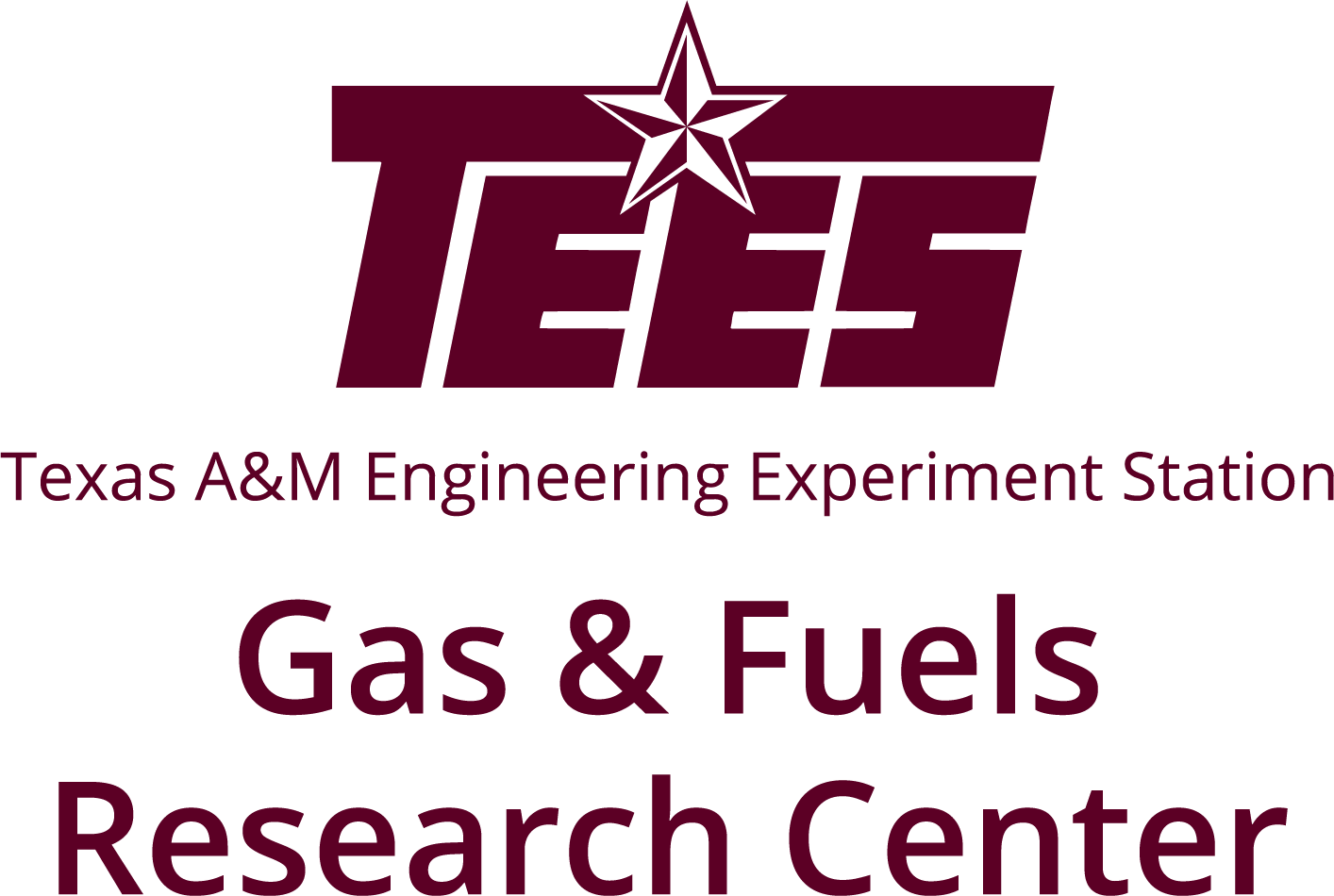
May 27th, 2022
10:00-11:30 AM (Central US Time)
Webinar 5: Private Sector Projects for Disaster-Related Water Systems Management in Local, State, and Federal Government – ABS Group
Speaker:
Dr. Andrea Jackman – Senior Consultant in Data and Risk Sciences, ABS Group
ABS (American Bureau of Shipping) Group provides a variety of public and private consulting services in specialized areas of engineering, government, and management. With a strong history in maritime, ABS Group now consults on a variety of government programs focused on disaster resilience, especially water systems and their related hazards. In this webinar, Dr. Andrea Jackman will present recent ABS projects as they pertain to the NSF Sustainable Regional Systems Research Network (SRS-RN) sponsored Disaster Resilient Food Energy Water Systems (DIRE-FEWS) program. Highlighted projects will include:
- ABS’ work on coastal Louisiana sewage and drainage systems in partnership with the City of New Orleans;
- Equity analysis from a risk perspective following Hurricane Harvey; and
- Support of FEMA’s Risk MAP program, with special emphasis on the Hazus Flood Model.
Potential research questions will be discussed for each project, including broader challenges in federal floodplain management and how academia and private sector can work together on solving the most pressing issues.
This will be followed by a Q&A session which will help in formulation of convergence research questions for the NSF SRS-RN program.

June 23rd, 2022
10:00-11:30 AM (Central US Time)
Webinar 6: Transforming the Process Industries Through Modular Chemical Process Intensification – RAPID Institute
Speaker:
Dr. Ignasi Palou Rivera – Chief Technology Officer, RAPID Manufacturing Institute
In December 2016, the Department of Energy announced the establishment of the 10th Manufacturing USA Institute, representing a critical step in the federal government’s effort to double U.S. energy productivity by 2030. The Rapid Advancement in Process Intensification Deployment (RAPID) Institute is focused on addressing barriers to enable the development of breakthrough technologies to boost energy productivity and energy efficiency through manufacturing processes in industries such oil and gas, pulp and paper and various domestic chemical manufacturers. RAPID will leverage approaches to modular chemical process intensification (MCPI) — such as combining multiple process steps as mixing, reaction, and separation into single more complex and intensified processes — with the goal of improving productivity and efficiency, cutting operating costs, and reducing waste. This will be the sixth in a series of webinars sponsored by the NSF funded Disaster Resilient Food Energy Water Systems (DIRE-FEWS) program.
This will be followed by a Q&A session which will help in formulation of convergence research questions for the NSF SRS-RN program.
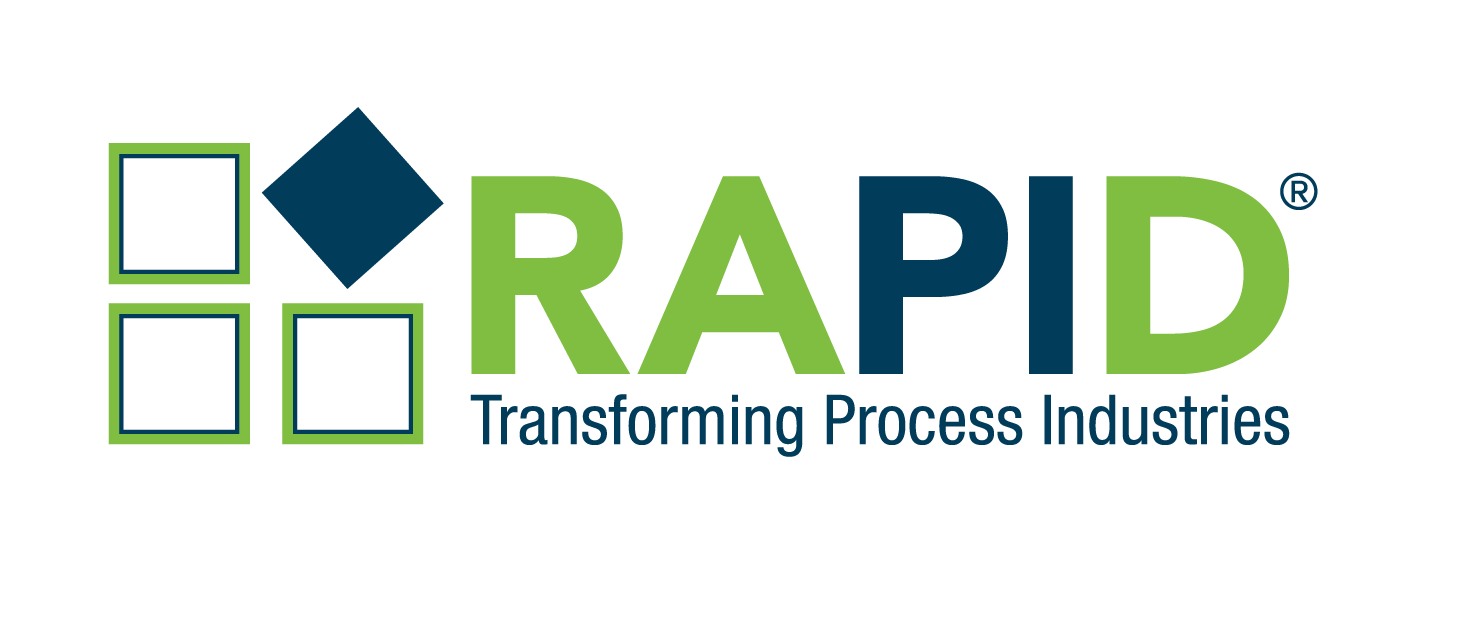
August 5th, 2022
10:00-11:30 AM (Central US Time)
Webinar 7: Desalination Technology for Coastal Resilience –Perspectives from the Texas Coastal Bend Region for a Path Towards Implementation
Webinar Host: Dr. Lucy Mar Camacho
Speakers:
Dr. Lucy Mar Camacho – Associate Professor, Texas A&M University-Kingsville
Esteban Ramos – Water Resource Manager, City of Corpus Christi
Erika Mancha – Director, Conservation and Innovative Water Technologies, Texas Water Development Board
Sarah L. Garza – Director Environmental Planning and Compliance, Port of Corpus Christi
Water, the most important resource of human life, has become one of the most critical challenges in current times. Accessing water sources will ensure safe drinking water for a global population in constant growth. Accessing water will also ensure energy and food production. The Coastal Bend in Texas, one of the most resourceful regions that generates energy sources for the nation, cannot prosper without water. Therefore, it is paramount to develop and implement water treatment technologies to ensure water availability in the region. Water desalination can be a sustainable alternative to access untapped water sources, such as seawater and salt lakes, to bring this precious resource to communities. Research on desalination technologies being conducted in the region contributes to advancing novel desalination technologies that could enable renewable energy for sustainable water production.
These efforts are presented and discussed in this webinar as part of the series of webinars of the NSF Sustainable Regional Systems Research Network (SRS-RN) sponsored Disaster Resilient Food Energy Water Systems (DIRE-FEWS) program. This will be followed by a Q&A session which will help in formulation of convergence research questions for the NSF SRS-RN program.
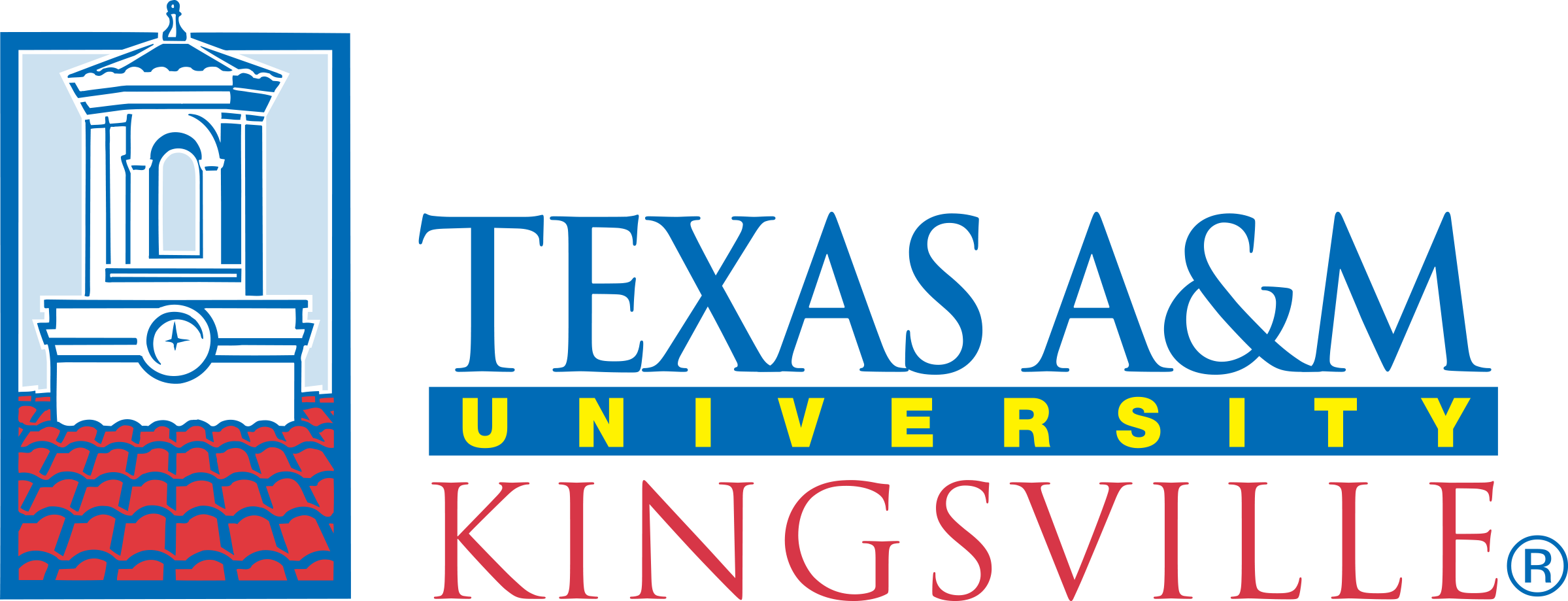
January 26th, 2023
10:00-11:30 AM (Central US Time)
More Webinars will be announced soon.
Webinars organized with gracious support from TEES Education and Workforce Development – Conferences.
